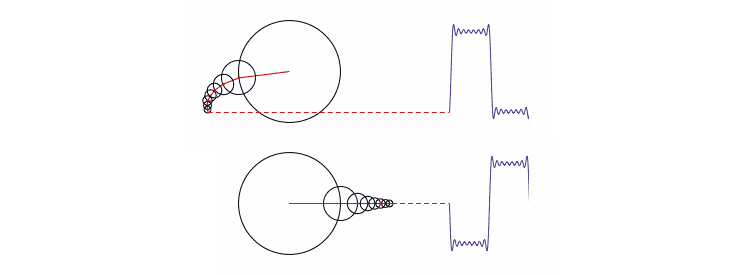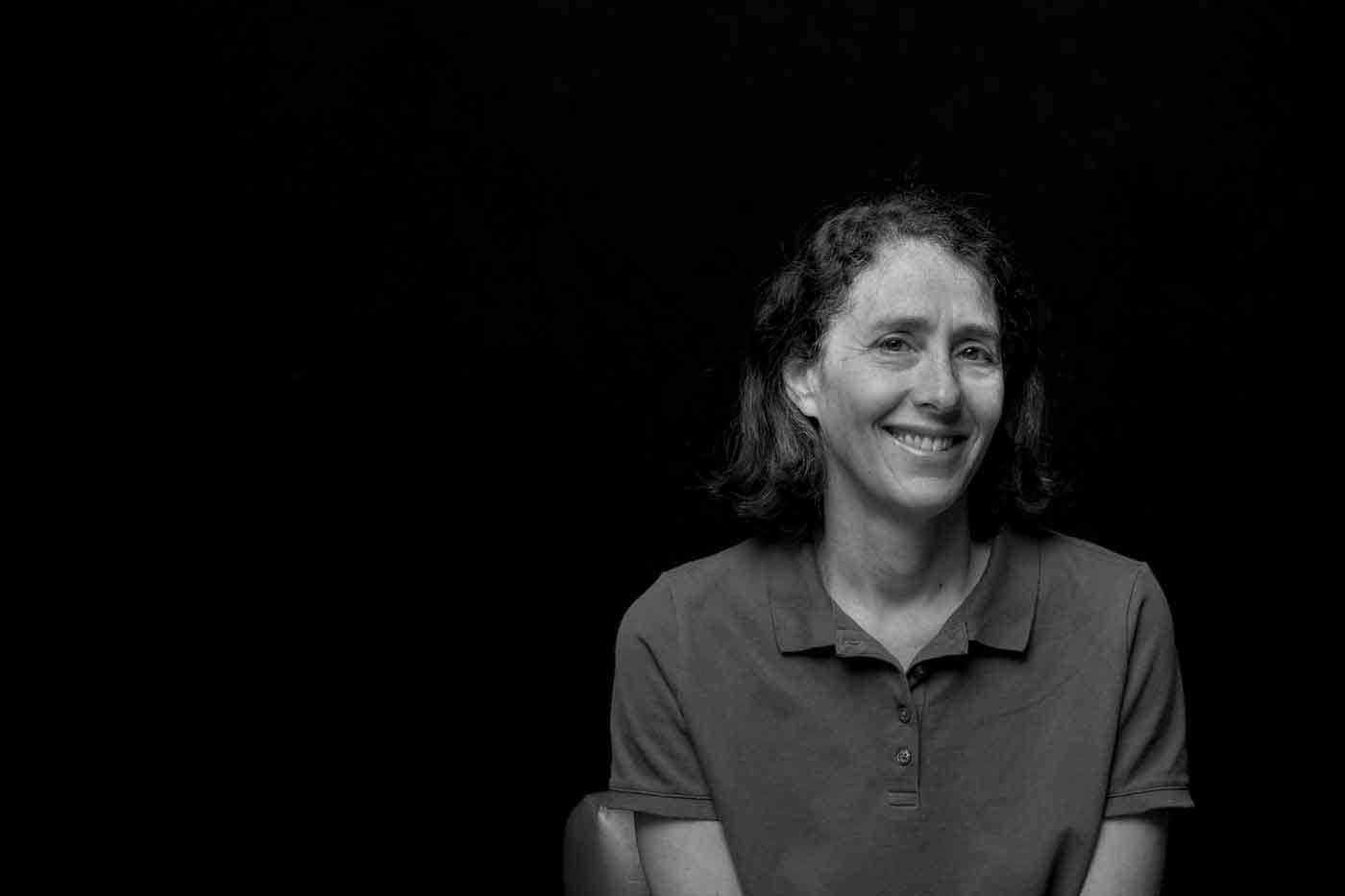2014/11/24
The Math Trick Behind MP3s, JPEGs, and Homer Simpson’s Face
"You probably use a descendant of Fourier’s idea every day, whether you’re playing an MP3, viewing an image on the web, asking Siri a question, or tuning in to a radio station. (Fourier, by the way, was no slacker. In addition to his work in theoretical physics and math, he was also the first to discover the greenhouse effect.)So what was Fourier’s discovery, and why is it useful?" Full article @ Nautilus


2014/11/18
Second-Order Science: A Vast and Largely Unexplored Science Frontier.
"Context: Many recent research areas such as human cognition and quantum physics call the observer-independence of traditional science into question. Also, there is a growing need for self-reflexivity in science, i.e., a science that reflects on its own outcomes and products. Problem: We introduce the concept of second-order science that is based on the operation of re-entry. Our goal is to provide an overview of this largely unexplored science domain and of potential approaches in second-order fields. Method: We provide the necessary conceptual groundwork for explorations in second-order science, in which we discuss the differences between first- and second-order science and where we present a roadmap for second-order science. The article operates mainly with conceptual differentiations such as the separation between three seemingly identical concepts such as Science II, Science 2.0 and second-order science. Results: Compared with first-order science, the potential of second-order science lies in 1. higher levels of novelty and innovations, 2. higher levels of robustness and 3. wider integration as well as higher generality. As first-order science advances, second-order science, with re-entry as its basic operation, provides three vital functions for first-order science, namely a rich source of novelty and innovation, the necessary quality control and greater integration and generality. Implications: Second-order science should be viewed as a major expansion of traditional scientific fields and as a scientific breakthrough towards a new wave of innovative research." Full article @ Constructivist Foundations


2014/11/03
Computation: Information, adaptation, and evolution in silico
30 years of SFI by By Melanie Mitchell. Computation: Information, adaptation, and evolution in silico — Foundations & Frontiers — Medium


Labels: computation, evolution, information
